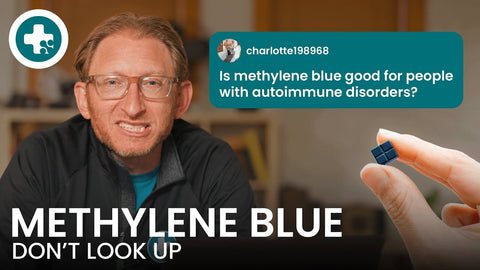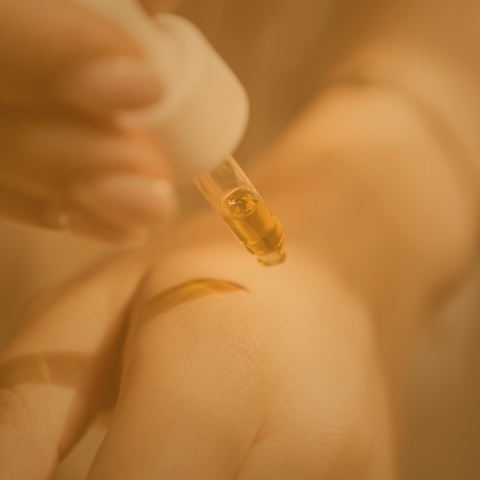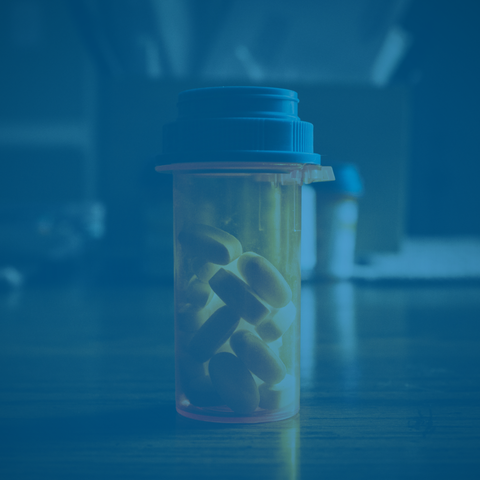Learning & education

Mitochondrial dysfunction, blue urine, cognitive boost? Troscriptions' very own Dr. Scott Sherr answers the internet’s most pressing questions about methylene blue — one of medicine’s oldest and most misunderstood compounds.

This article delves into how methylene blue compares to other established antioxidants, exploring its mechanisms, scientific evidence, potential benefits, safety considerations, and real-world observations.

GLP-1 receptor agonists, medications first designed for diabetes and weight loss, may work like a biological spam filter, screening out the most intrusive urges so you can respond only to the messages that matter. This article explores what these drugs are, how they act on the brain’s reward circuitry, what the evidence says about their role in behavioral addictions, and why cautious optimism is warranted.

Imagine your body as a high-performance sports car and testosterone as its horsepower. Many people are looking for ways to boost their testosterone for better energy, muscle, and drive. In this picture, nicotine has been rumored to act like a quick nitrous boost for the engine, a surprising twist, given nicotine’s notorious reputation. Does nicotine increase testosterone, or is this idea just blowing smoke?

In this article, we will look at what’s known about combining melatonin with common psychedelics, based on the current evidence available. We discuss how melatonin might enhance, dampen, or otherwise alter psychedelic effects, how it could influence sleep and neuroplasticity, and what gaps remain in the research base.

